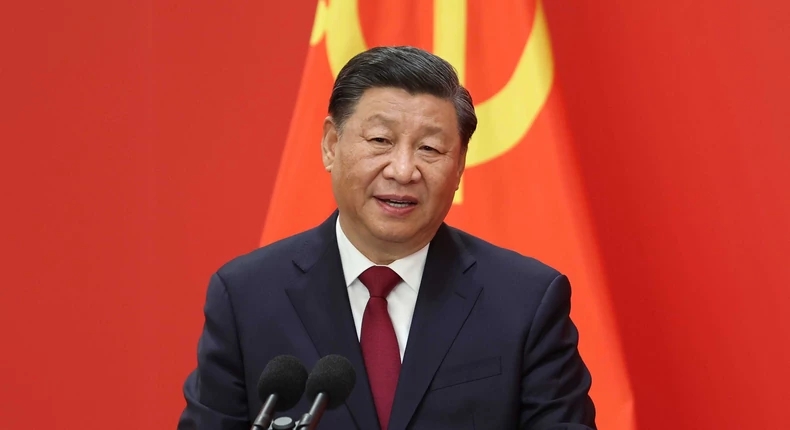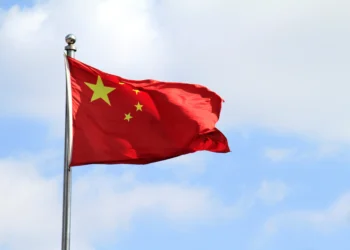- The Chinese government may increase international student fees to match those of popular student destinations like the US and UK.
- The Beijing Institute of Technology conducted a study proposing that tuition fees for international students be raised to five times the current amount
- Currently, non-domestic students pay around 20,000 yuan per year (USD 2,807) but researchers suggest increasing this amount to 100,000 yuan ($14,000).
According to reports, the Chinese government may increase international student fees to match those of popular student destinations like the US and UK.
This suggestion comes as President Xi emphasized the need for more investment in China’s higher education system. Thereafter, the Beijing Institute of Technology conducted a study proposing that tuition fees for international students be raised to five times the current amount.
The aim is to enhance the competitiveness of Chinese universities globally and improve the quality of higher education in China.
China’s Fees for international students
China set a target of attracting 500,000 foreign students, which it nearly achieved in 2018 with 492,185 international students.
The relatively low tuition fees in China are among the factors which attract students. Currently, non-domestic students pay around 20,000 yuan per year (USD 2,807) in tuition fees at Chinese universities. However, researchers suggest increasing this amount to 100,000 yuan ($14,000).
China’s reasons for the proposed increase
China believes that increasing international student fees could generate more revenue for Chinese universities. This additional income could be reinvested in infrastructure, research, and other aspects of the educational system, ultimately improving the quality of education and facilities.
However, Grace Zhu, the Director of Bonard a Research and analysis company, also cautioned that raising fees too high may result in a short-term loss of students.
Zhu suggested a gradual increase in fees to allow students to adapt while enabling Chinese institutions to compete with highly-ranked universities in other countries. The goal is to enhance China’s position as a study-abroad destination by attracting a diverse range of international students.
- “Ultimately, we would need to attract and recruit more international students with certain diversity to enhance China’s position and importance as [a] studying abroad destination,” Zhu said.
China’s efforts to attract overseas students align with its Initiative, which involves investing in global infrastructure and engagement, as well as offering scholarships to students from target countries. This move could affect Nigerians considering higher education in China due to its relatively low tuition fees. However, Nigerians may begin to think of obtaining scholarships into Chinese universities because of the proposed fee increase.
In response to reduced government spending on tertiary education, some Chinese universities have already raised domestic tuition fees by up to 54% this year.
President Xi’s focus on improving the attractiveness of China’s education system aims to counteract the trend of Chinese young people studying abroad. He emphasized the importance of developing world-class universities and promoting China’s education system internationally.
Additionally, Xi highlighted the need for universities to offer courses aligned with the country’s strategic needs, considering the high youth unemployment rate caused by skill mismatches between graduates and industry requirements.





















